Hurricane Helene hit especially hard in heavily Republican areas of Georgia and North Carolina – a fact that could work to Donald Trump’s disadvantage in the two swing states.
Research has shown that major disasters can influence both voter turnout and voter preference. And Helene has pushed this contest into novel territory: It’s the first catastrophic event in U.S. history to hit two critical swing states within six weeks of a presidential election, based on a POLITICO’s E&E News analysis of data compiled by the National Oceanic and Atmospheric Administration.
The challenge for Trump: The parts of western North Carolina and eastern Georgia that were flooded by the monster storm are largely Republican. In 2020, he won 61 percent of the vote in the North Carolina counties that were declared a disaster after Helene. He won 54 percent of the vote in Georgia’s disaster counties.
Both Trump and Vice President Kamala Harris this week visited Georgia, a state that President Joe Biden won by just 11,779 votes in 2020. Georgia and North Carolina each have 16 electoral votes, and polls show that Trump is leading Harris by about 1 percentage point in each state, well within the margin of error.
“There’s going to be a lot of [voting] alterations, and it probably is going to affect turnout,” said Andy Jackson, director of the John Locke Foundation’s Civitas Center for Public Integrity, a free-market think tank in North Carolina.
Now, both states face crucial decisions in the next few days about how to help people register and vote after massive flooding ripped away roads, shuttered towns and dispersed residents. Those include whether to extend next week’s voter registration deadlines, grant more time for voters to cast absentee ballots, and set up new polling places in areas where floods destroyed roads.
State records show that nearly 40,000 absentee ballots were mailed to voters in the 25 North Carolina counties that were declared a disaster following Helene. Fewer than 1,000 have been returned.
In eastern Georgia’s heavily Democratic Richmond County, three of four early voting sites appear to be undamaged, county elections chief W. Travis Doss Jr. said Friday. Doss’ staff has also reached out to all 43 election day sites to determine their status, but has not heard back from about 30 of them due to power and internet outages.
“Until we get out there to assess for power and what not, I’m not sure” what the situation will be, Doss said. “Right now, of course, our immediate concerns were absentee and voting registration, and then the next step is early voting, and then the next step is voting day.”
Helene hit some predominantly Democratic communities hard too, adding to the uncertainty. In North Carolina, “Buncombe [County] was affected in really bad ways, and that is a liberal bastion,” said Chris Cooper, a political scientist at Western Carolina University. “And Watauga is in really bad shape, also a blue leaning county.”
Overall, Helene could “dramatically change who is in the electorate,” Cooper said.
“In a state like North Carolina where margins matter, then every little tweak to the electorate could be the tweak that makes the difference,” Cooper added. “It’s right on the razor’s edge between red and blue.”
County elections offices in North Carolina – five of which remained closed Thursday – will assess damage to early voting sites and polling stations to determine “which facilities won’t be available,” Karen Brinson Bell, executive director of the State Board of Elections, said this week.
When the North Carolina Legislature meets Wednesday, it could give counties money for emergency polling places and extend both the Oct. 11 registration deadline and the Election Day deadline for mail-in ballots to be received.
And in Georgia, where Monday is the last day to register to vote, Secretary of State Brad Raffensperger said in a statement that “physical infrastructure” will be in place when early voting starts Oct. 15. Counties “having to relocate early voting locations” must notify voters, Raffensperger added.
After past disasters, states have similarly extended deadlines for registering to vote and submitting absentee ballots, opened new polling places, and allowed displaced residents to vote by email or fax. Republicans have at times opposed those efforts, including after the Covid pandemic.
But such actions have had varied results, according to studies that are gaining prominence as six states from Florida to Virginia deal with damage from Helene.
“You need to do everything possible to erect emergency polling places in generally the same places voters are used to voting,” says Kevin Morris, a voting policy scholar at the Brennan Center for Justice.
A 2022 study by Morris found that voter turnout fell below historical averages in the heavily Republican Panhandle counties of Florida after Hurricane Michael demolished the area in October 2018. Although Florida made it easier to vote by absentee ballots, voters were confused by the state’s moves to close and consolidate polling places. They weren’t sure where to go on Election Day.
“If [a voter’s] house is damaged or whatever else and they realize suddenly their polling place has moved, then maybe that’s the straw that makes it too much for them to vote,” Morris told E&E News. “A lot of the decreased turnout was attributable to the closure of polling places around the Panhandle.”
After Hurricane Florence hit North Carolina in September 2018, the state extended the registration deadline and let counties relocate voting sites.
But in 2020, when the elections board relaxed absentee voting requirements amid the pandemic, GOP lawmakers said the board had overstepped its authority and later changed state election rules. One change ended a grace period that allowed mail-in ballots to be received three days after Election Day.
“There’s definitely a layer of politics on top of any decision they make given what happened after Covid,” said Cooper, the Western Carolina professor.
Other election-year disasters do not appear to have directly affected the outcomes of previous presidential races.
Hurricane Sandy struck uncontested states such as Connecticut, New York and New Jersey in late October in 2012, and then-President Barack Obama won all three. (Obama did arguably gain political benefits from his administration’s handling of the storm, which drew praise at the time from Republican New Jersey Gov. Chris Christie.)
Hurricane Matthew, in October 2016, hit only one contested state – Florida – and spread damage along the Atlantic Coast, a mix of Democratic and Republican areas.
But overall, research shows that disasters affect voter turnout.
Sandy hit the tristate area one week before the 2012 presidential election, leading some New York voters to cast ballots in makeshift voting tents powered by generators in neighborhoods that didn’t have electricity.
Decisions by New Jersey officials to keep voting accessible to storm victims proved more controversial.
The Republican lieutenant governor at the time, Kim Guadagno, ruled that anyone who was displaced by Sandy could be designated an overseas voter, allowing them to cast ballots by fax and email. The decision overwhelmed county governments by suddenly inundating them with thousands of fax and email applications.
A 2014 Rutgers Law School report criticized Guadagno’s decision, saying that remote voting caused “chaos” and made electronic votes vulnerable to hacking.
“Although emergency action was warranted, Internet and email voting was not the solution,” report author Penny Venetis said at the time.
Another study found that Sandy “made little difference” in determining whether people in New York City would vote, partly because voters were highly motivated to reelect Obama.
When people see an election as “historic” or potentially having “long-lasting effects” on their community, “they are willing to endure costs such as low temperatures, long lines, and even traveling to distant polling places,” the researchers found.
Source: Politico



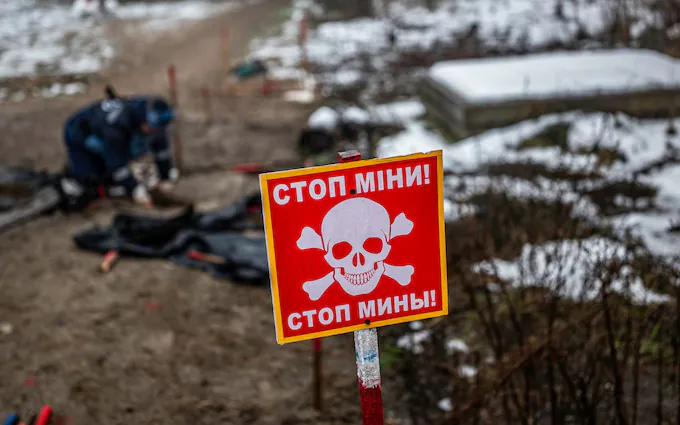
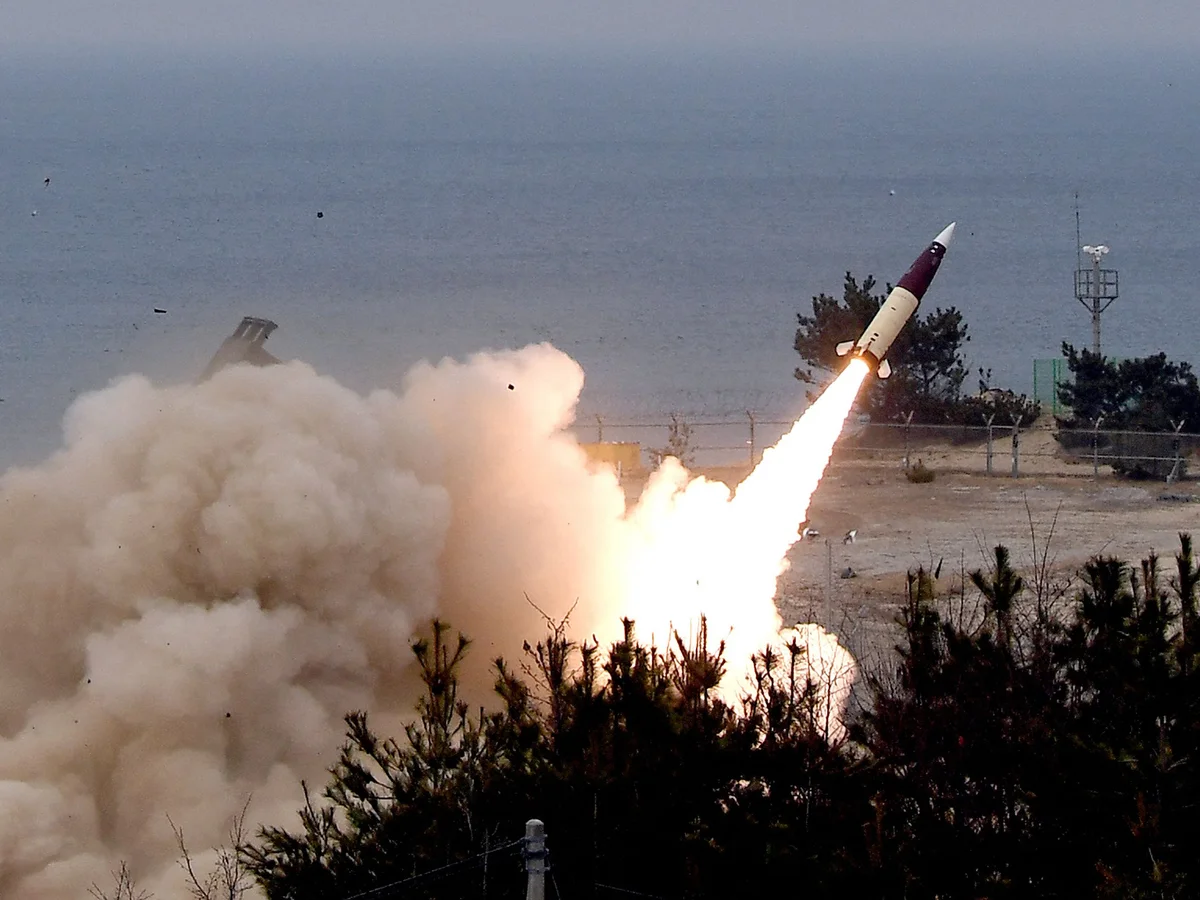
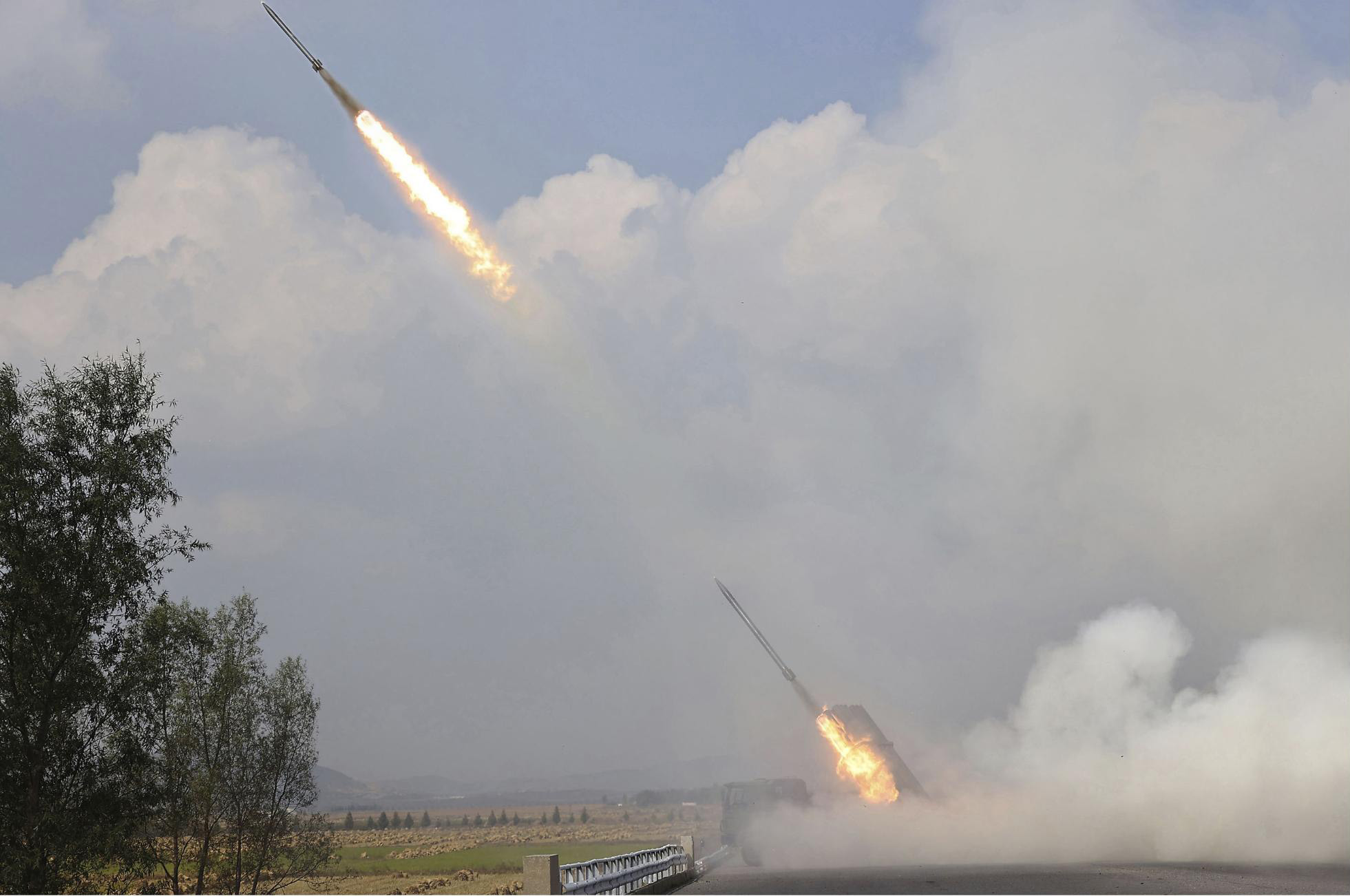

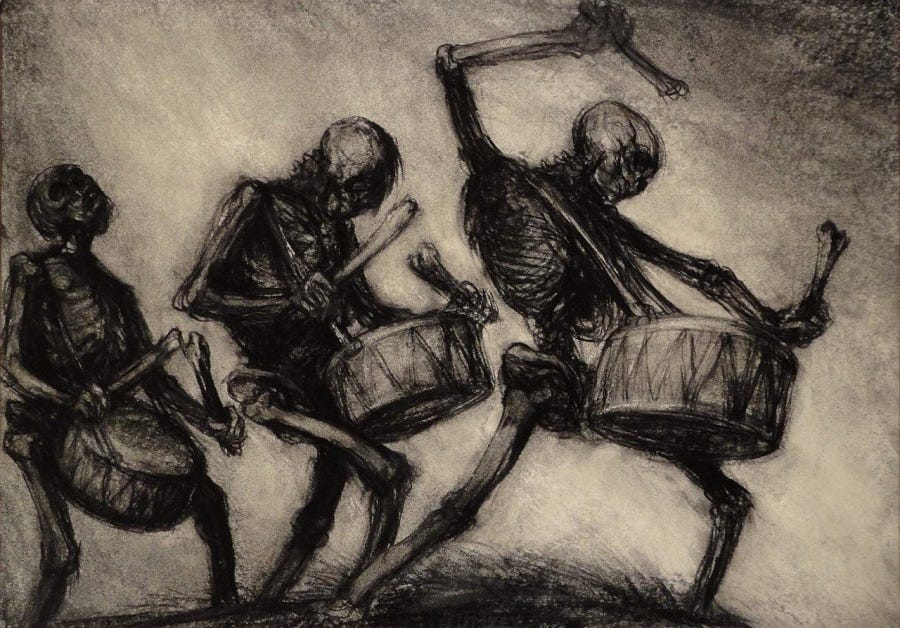
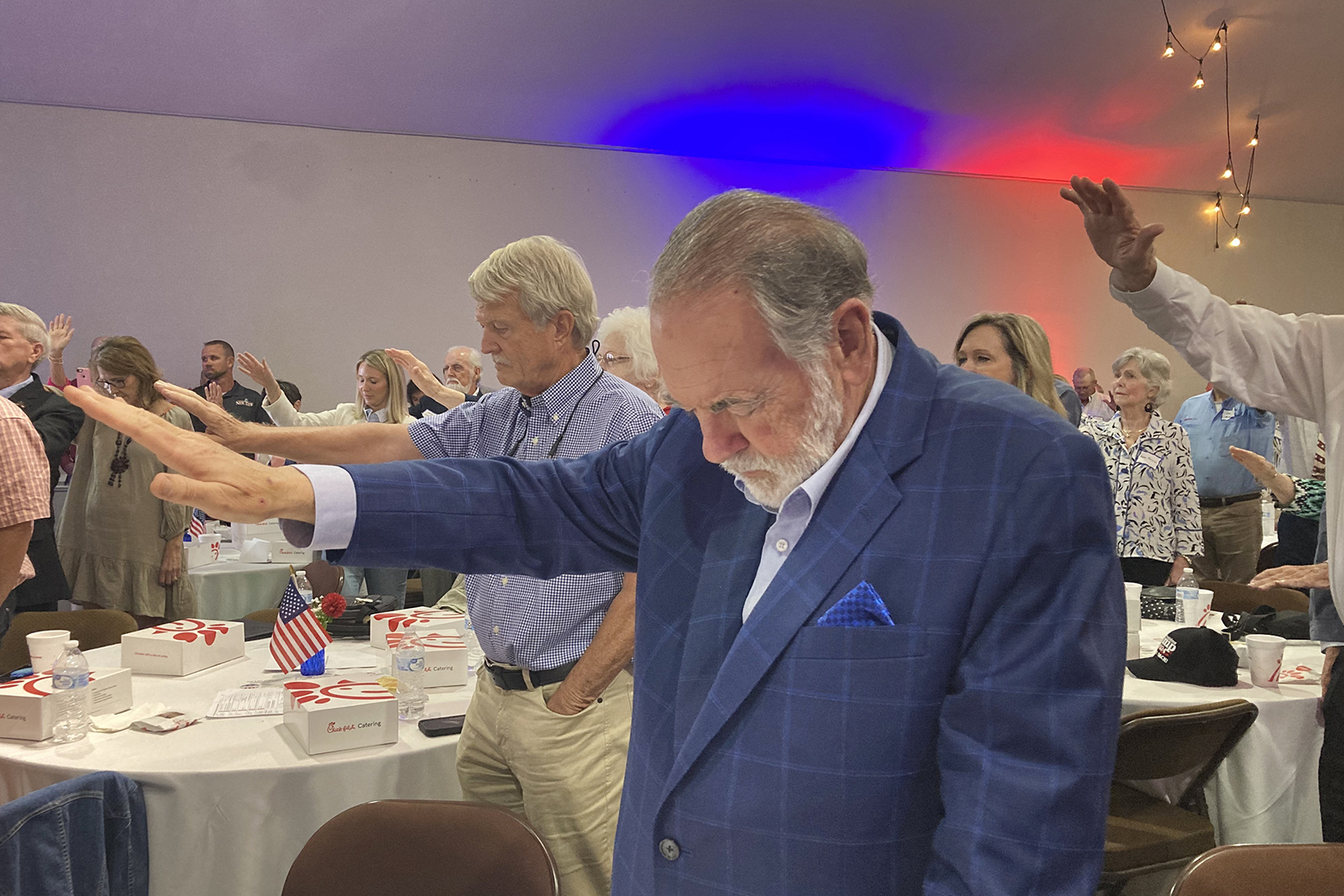


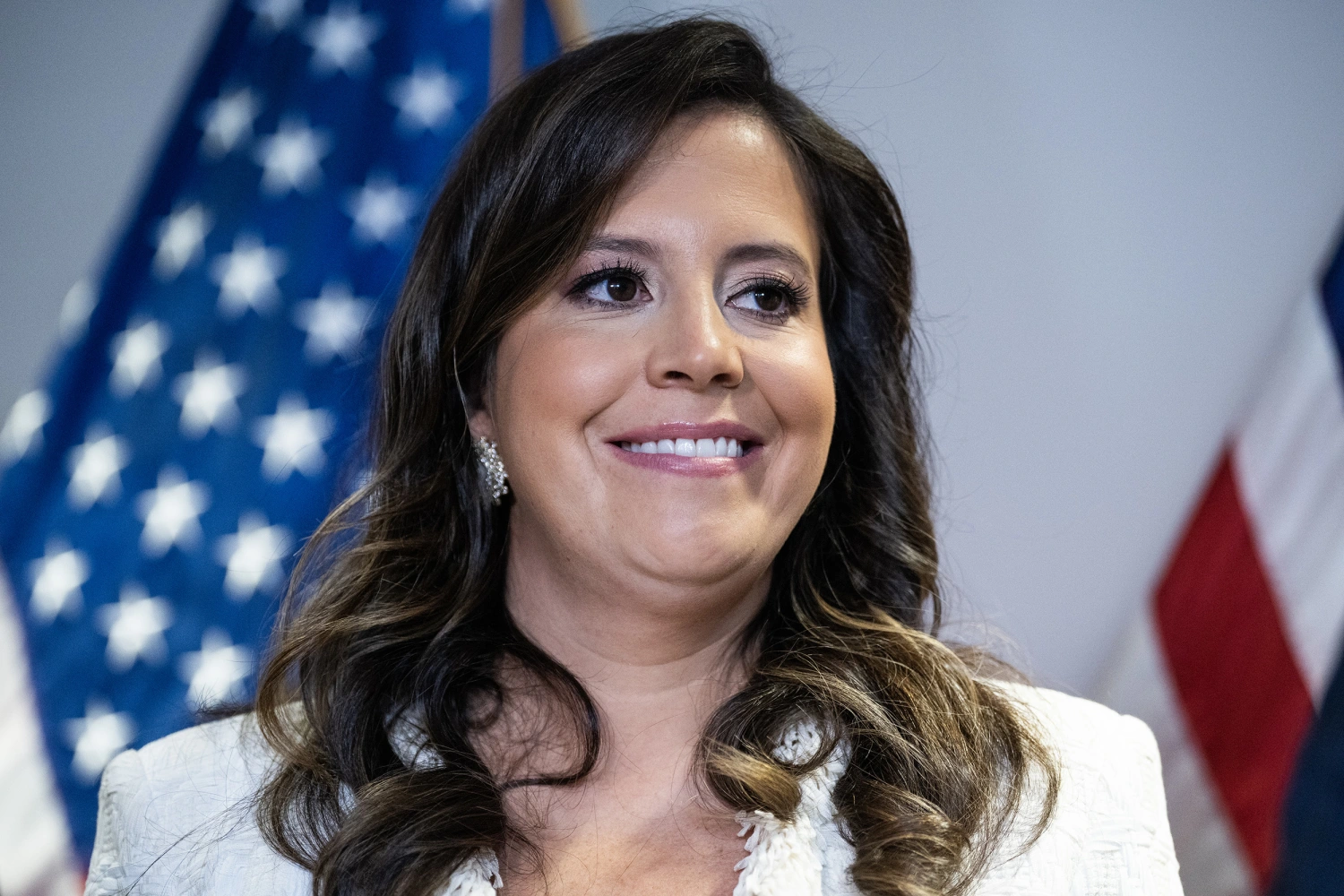

No comments.
By submitting a comment you grant Free West Media a perpetual license to reproduce your words and name/web site in attribution. Inappropriate and irrelevant comments will be removed at an admin’s discretion. Your email is used for verification purposes only, it will never be shared.